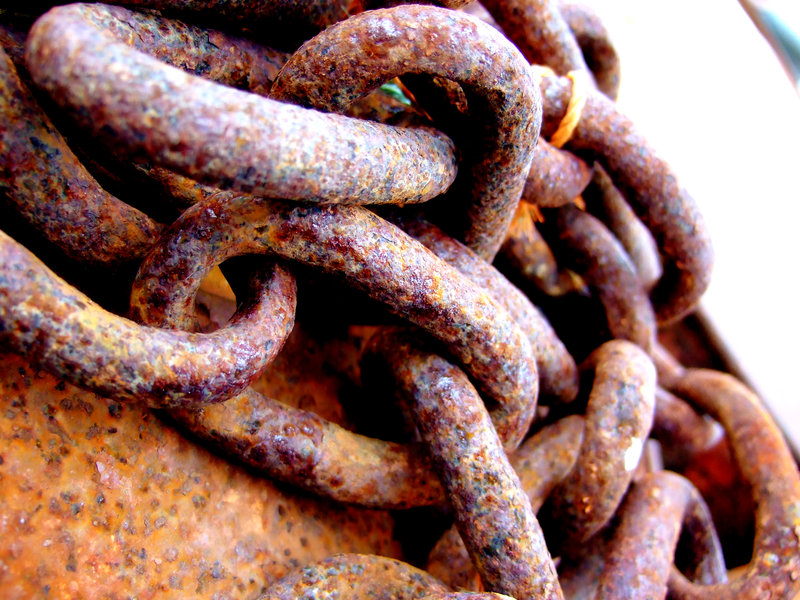Your cart is currently empty!

Who’s Worth Getting Links From?
Links from other sites to your site are essential for optimum performance in search. Gaining links takes work. Quality is more important than quantity (though quantity is a good thing, too).
Put these facts together, and you have to wonder: how you can you tell what sites are worth working hard to link up with?
We gave you a bunch of good ways to identify sites you might want to request links from, but here’s how to decide among the options you discover.
Quality sites
- PageRank isn’t the end-all and be-all of page quality, but it can be a good starting point. Any site with a high PageRank is likely to be a site from which you want links.
- Look at the site and decide for yourself. Sites with lots of ads, poor writing, generic design, and bloated code shouldn’t be high on your list. While search engines know that you can’t control other people’s linking to you and don’t hold links from bad neighborhoods against you, those links don’t do you any good. They’re not worth your time to write an email asking for one.
- If you’re writing content for a site in exchange for a link, paying for an ad or directory listing, or doing anything that makes the link more than just a favor from the webmaster, you can ask for some stats. Be advised that people often lie, at least in our experience. Just this morning, Josepha spoke with a webmaster who claimed to have millions of visits each year. Seeing the site, we found this implausible, and the webmaster in question admitted that it wasn’t true when taxed with it. We often see people lie about their PageRank, even though it’s very easy to check this. So ask, and then check the answer against the data available to you to judge whether to believe it or not.
Non-commercial sites
- Google loves online business, but .edu or .gov links are worth more than .com links. At one time, .org links might have been better, but now anyone can register .org and .net domains, so those mean nothing. For a client with health-related content, I was able to get links in lists of health info sites at library and school sites, and you can do the same if you have some good content on your site to work with.
- More information-oriented sites, and even information pages at commercial sites, are a good bet. A link in a realtor’s list of local contractors is good, but a link in a local blog about contractors they trust is better.
Relevant sites
- Relevant sites are better than irrelevant ones, when it comes to linkbuilding. That doesn’t mean that you should avoid links from sites that aren’t directly relevant to yours. A link with appropriate anchor text from a quality site can be very good. For example, a national pest control company asked for a link from our lab site’s insect lesson plans page to their virtual insect dissection page. They set that page up as linkbait, got lots of links from sites that wouldn’t normally link to an exterminator, and benefited from it. Smart. In general, though, relevant sites are more likely to send you traffic and give you a more natural link profile.
- If you want a link from an irrelevant site, you should make certain that it is a very natural appearing link. Your local sportscaster has a blog post listing his favorite restaurants? Fine. He has a weirdly isolated link to you at the bottom of the page? Not good.
Good pages
- Don’t request links on those cheesy “Resources” pages filled with random reciprocal links. Just don’t.
- Get specific in your requests. If there’s a page where you belong, which your target might see, and where you really want your link to be, you should ask for it. “I noticed,” you can write, “that you have a list of antique stores in my town on your tourism site, and that my shop isn’t listed. I’d love to be included.” Link to the page you have in mind.
Focus your efforts on the links that will provide the best ROI.
by
Tags:

Leave a Reply